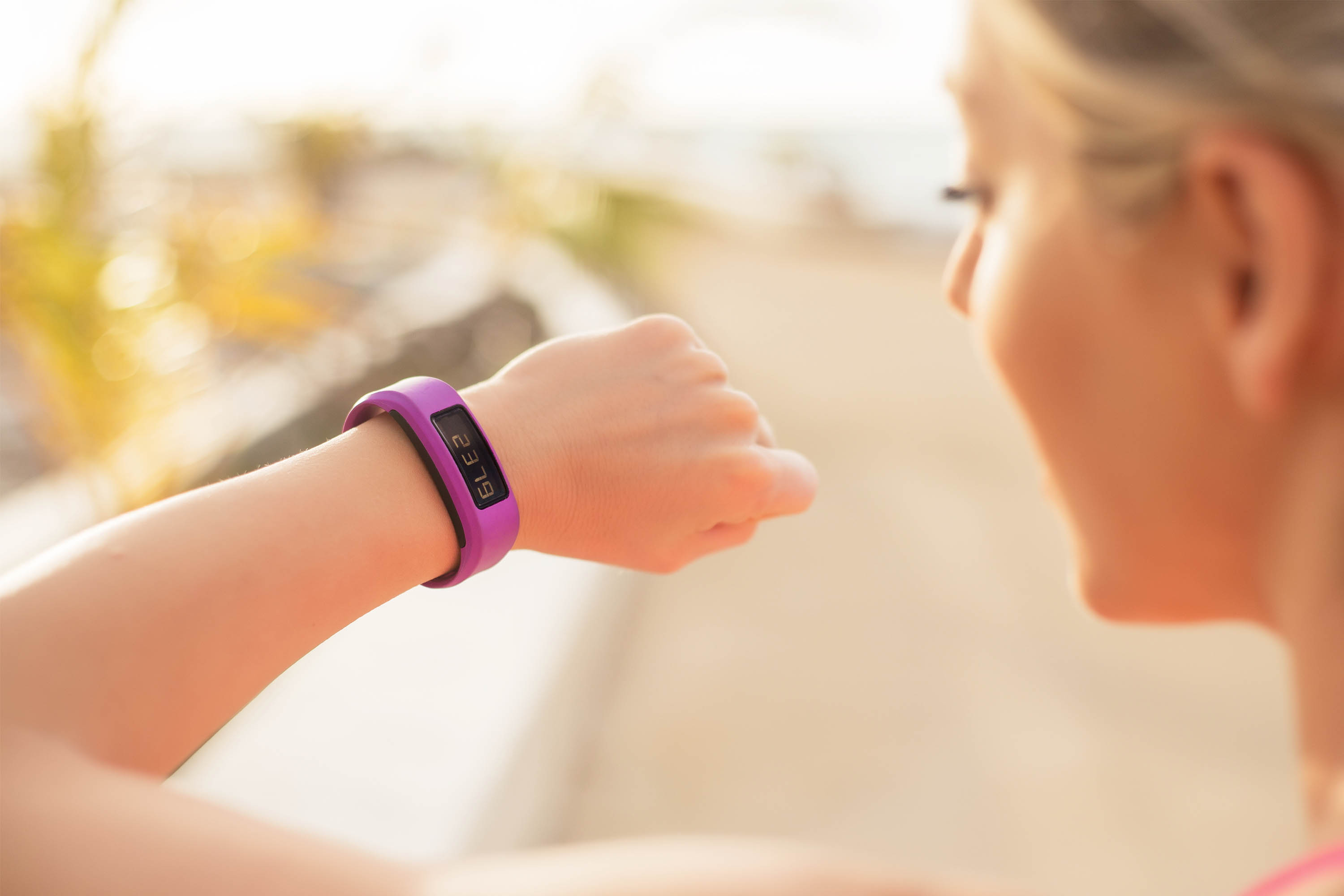14 November, 2018, by Alexia Chalita
Remember the days of having to choose between talking on the phone or using the internet? Every year, a new technology innovation comes along and makes us wonder how we ever lived without it (smartphone devices and fast, functional internet). With new cutting-edge innovations, including personal virtual assistants and self-driving cars, it is exciting to think how our lives will evolve and how this technology will impact medical innovations. The healthcare industry is sometimes known for their slow adoption of technology. Did you know that technology is already affecting clinical trials, which has resulted in a more efficient and reliable process to bring potentially life-saving medications and medical devices to the market? From social media to eSource, the clinical trial landscape is changing – and it is fueled by technology.
Wearable Health – This efficient and low-cost method of gathering data from millions of remote patients is rapidly changing clinical trials all over the world. Researchers can now access more information from patients – such as vitals, daily routine, and sleep patterns, among other valuable information – without needing to constantly monitor patients through in-person visits. This technology is rapidly growing in the clinical trial landscape!
Social Media – The digital age is changing the way people communicate. It is even affecting how clinical trials are conducted. Today, an increasing amount of companies are including social media in their communication techniques for clinical trial recruitment. Many companies also participate in social listening to gather information – both negative and positive – shared by patients about their product on social media. Companies can correlate information gathered from social media listening with clinical data. Since individuals are more likely to share personal experiences online, it gives companies a more realistic viewpoint about their products.
eSource – The days of leaving a paper trail behind are over! With the introduction of eSource using eClinical tools, like Electronic Data Capture, clinical trials can be easily tracked without piling up months’ worth of paper. Patients, caregivers, and sites can easily benefit from ePRO/eCOA, which bring forms straight to their personal devices. The data is then automatically sent to an Electronic Data Capture (EDC) system, giving researchers real-time access to their data!
Private Cloud EDC – Nobody likes distractions – mostly when you are in the middle of a critical moment in your clinical trial! “The Private Cloud” gives you all the benefits of the Public Cloud (accessibility, cost, etc.) plus new benefits, such as increased power, performance, and privacy! Being on your own instance comes with many hidden perks, like getting rid of the annoying challenges of having to revalidate your study with every software release. Do not settle for sharing an instance with other companies – potentially slowing down your EDC system – power up to a Private Cloud EDC.
Thinking back on the last 10 years, technology has come a long way in helping to transform clinical trials and the healthcare system in general. With the help of a little technology in clinical trials, we can only imagine the progress of potentially life-saving medications and medical devices in the years to come!
About the author
ClinCapture provides a powerful eClinical platform that enables sponsors and CROs to rapidly build and deploy studies, lower clinical trials costs, and streamline data capture processes. Offering a host of private cloud solutions, ClinCapture’s technologies help advance the evaluation and development of drugs, biologics, and devices that demonstrate promise for the diagnosis and/or treatment of a wide range of diseases or medical conditions. For more information, please visit clincapture.com or follow us at @ClinCapture.

Technology Changing Clinical Trials
Did you know that technology is already affecting clinical trials, which has resulted in a more efficient and reliable process to bring potentially life-saving medications and medical devices to the market?





